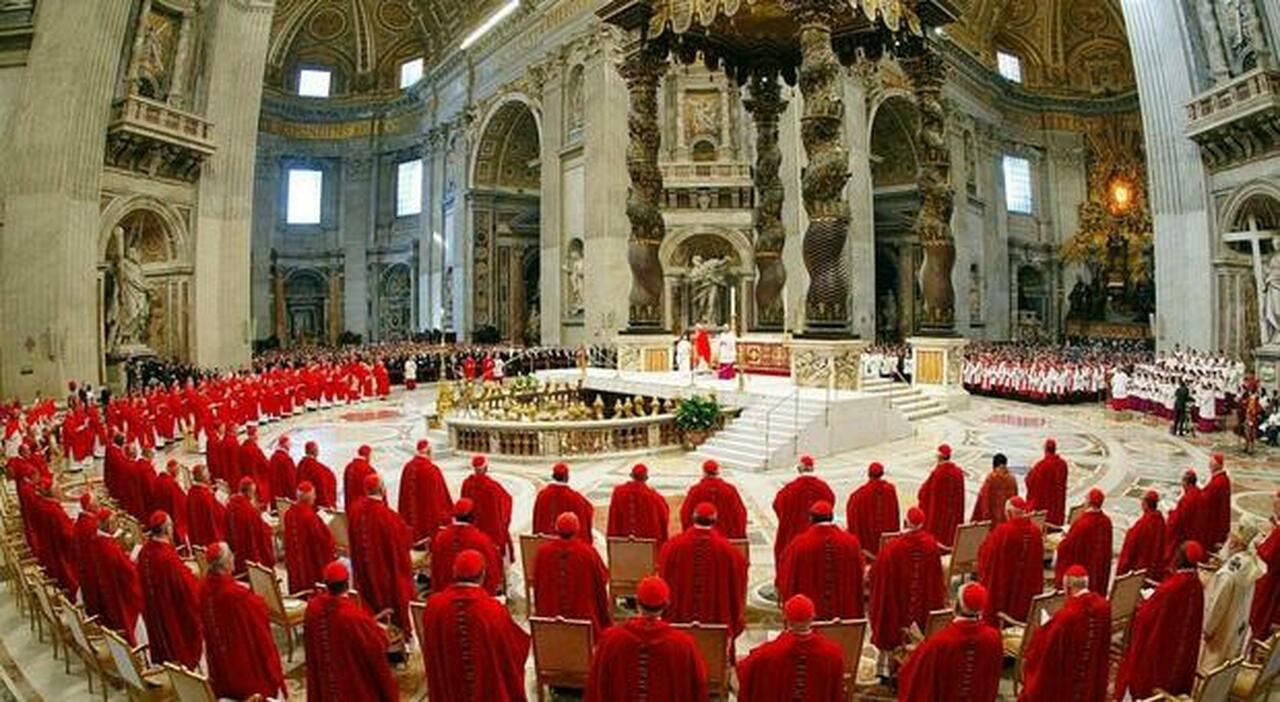lunedì 3 marzo 2025, 00:05 - Last updated: 20:02
Whispers and cries. A bit like in Bergman's famous film. While waiting for Pope Francis to return to Santa Marta for convalescence, old fears are taking shape in the Vatican. One in particular: that the pope might soon want to amend the Apostolic Constitution Universi Dominici Gregis, to lower the quorum needed for the election of the future pope from the current two-thirds of the votes to just a majority. At the moment, there is nothing on the horizon, only speculations and calculations. Yet the idea already agitates the more conservative sectors. Already a couple of years ago, the project had raised a great internal debate. At that time, there was talk of the possibility of opening the general congregations (generally reserved for all cardinals, both electors and non-electors) to other representative figures of the Church. The hypothesis was buried. Even the heavyweight of jurists, Cardinal Gianfranco Ghirlanda, had to intervene to dismiss the news published by authoritative ultra-conservative sites (The Remnant and The Pillar). 'Falsehoods'. The matter thus died there and was not discussed again until these days when the rumor has regained traction. The more conservative circles tremble and take for granted an imminent acceleration of various reforms in the pipeline. It's all due to the (bad) conclave climate. Thus - with all due precautions - in this continuous resurfacing of hypotheses, the ghost of the amendment has ended up taking shape. For the conservatives, it would be a move not to be ruled out. The thought of the anti-Bergoglian deep state beyond the Tiber can be summed up in a phrase heard from a long-serving cardinal: 'It is possible that Francis at this stage may want to think about who will be able to carry on his legacy.' In short: paving the way for a successor capable of taking up his legacy to complete the project of the 'field hospital' Church. Luis Badilla, former director of the para-Vatican site Sismografo, noted in his weekly newsletter that the air of papal succession has already become unbreathable. On the rest: crows, conspiracies, maneuvers, indiscretions, in his opinion, are elements that only serve to 'defuse the current circumstances that, like it or not, project the first conclave dynamics'. But why does the imagined project of lowering the quorum scare conservatives so much? The current College of Cardinals consists of 137 electors, consequently requiring a quorum of 91 votes, a very high number compared to previous conclaves characterized by fewer cardinals than there are now. Making it difficult to reach the threshold of 91 is the lack of homogeneity of the electoral body and the modest interpersonal knowledge of the cardinals. In short, there are too many open unknowns and the strong risk of having a prolonged conclave with uncertain outcomes. A possible amendment to lower the quorum to an absolute majority would increase the chances of more quickly reaching an elected pope of Bergoglian faith. Of course, these are speculations that, however, keep the cardinals busy while outside, the fan bases are already forming. In these days, for example, on X, the photo of Cardinal Parolin is circulating, with the explanation 'the most papabile', while in parallel a profile called Papability Index has been created to provide daily forecasts (even if the criteria adopted are not well known). At the top is the American Prevost, then the Canadian Lacroix, and third the Filipino Tagle, all ultra-Bergoglians. Among Italians, only Parolin appears on this index, ranked fourteenth.
© ALL RIGHTS RESERVED
This article is automatically translated
